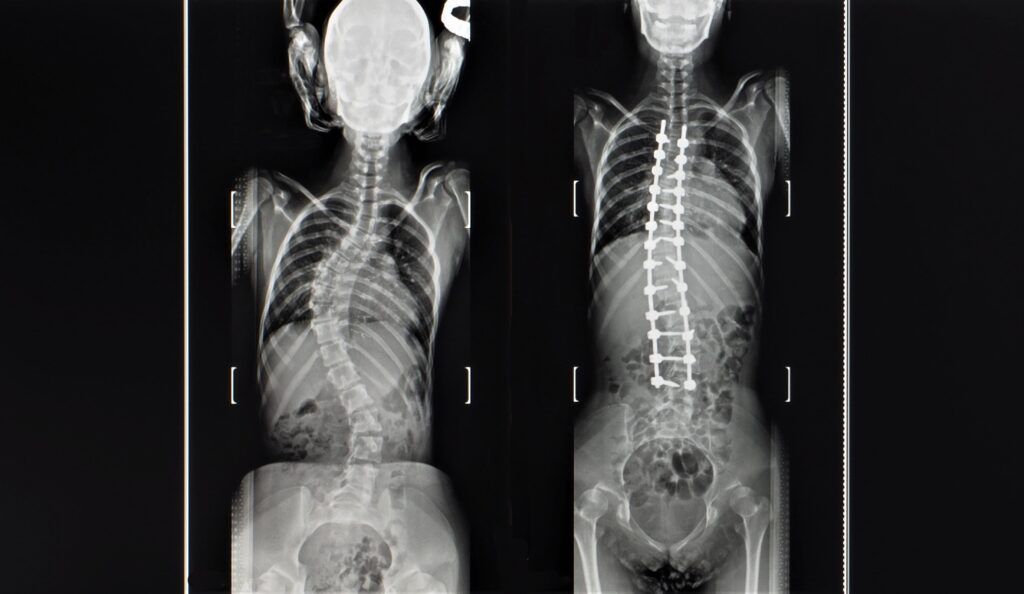If you are one of the millions of people who suffer from back pain, you may be wondering what your treatment options are. You may have considered going to a chiropractor or physical therapist, but did you know that neurologists can also help treat back pain? You may have seen neurologists listed as a possible treatment option and wondered what they could do to help. A neurologist is a doctor who specializes in the diagnosis and treatment of conditions that affect the nervous system, including the brain, spine, and nerves. In this blog post, we will discuss 5 ways that neurologists can help manage back pain. We will also discuss cases that respond well to care from a neurologist, as well as conditions that may require a different treatment approach.
How Can a Neurologist Treat Back Pain?
As mentioned above, neurologists are specialists in conditions that affect the nervous system. This includes the brain, spine, and nerves. Because of this, neurologists are able to provide a comprehensive approach to diagnosing and treating back pain. Here are some ways that a neurologist can help:
Proper Diagnosis:
A neurologist will take a comprehensive medical history and conduct a physical examination. They can also perform a neurological exam, which assesses muscle strength, sensation, and reflexes. Examining all of these factors can tell them a great deal about your condition. After the physical and neurological exams, they may also order imaging studies, such as an MRI, to help determine the cause of your back pain. Since neurologists are nerve specialists, they will also likely perform a nerve conduction study to determine the exact problem and location of the affected nerve. This specific diagnostic information allows neurologists to develop a treatment plan that is specific to your needs.
Pain Management:

Neurologists are also experts in pain management because understand the complex relationship between the nervous system and pain. They can prescribe medication to help effectively relieve your pain, as well as offer other treatment options, such as nerve blocks or epidural injections. One main benefit of seeing a neurologist for back pain management is that they can provide a range of non-surgical treatment options, which is ideal for those looking for non-invasive spinal treatments.
Physical Therapy:
A neurologist may also recommend physical therapy to help manage your back pain. Physical therapy can help strengthen the muscles around your spine and provide support. This can reduce excess pressure one the nerve, which can lead to reduced pain. It can also help improve your flexibility and range of motion. Many people with back pain find that a combination of physical therapy and medication is most effective in reducing their symptoms.
Recommend Lifestyle Changes:
Neurologists can also provide guidance on lifestyle changes that may help reduce your back pain. For example, they may recommend exercises to improve your core strength or suggest methods to help you maintain good posture. They may also recommend changes to your diet to help reduce inflammation. Neurologists understand the complex relationship between lifestyle choices and back pain, so they can provide guidance on how to make changes that will help reduce your symptoms.
Act as Part of Care Team:
In some cases, a neurologist may be part of a care team that includes other specialists. For example, if you have a condition that is causing nerve damage, you may be seen by a neurologist, pain management specialist, and physical therapist. In other cases, you may eventually need spine surgery, in which case your neurologist may work with your spinal surgeon, as well as you before and after surgery. This team approach can provide you with comprehensive care that is tailored to your needs.
When a Referral May Be Needed
There are many conditions that can cause back pain, and some of them respond well to treatment from a neurologist. For example, herniated discs, degenerative disc disease, radiculopathy, and pinched nerves are all conditions that can usually be effectively treated by a neurologist. In many cases, the goal of treatment is to relieve your pain and improve your quality of life.

There are also some conditions that may require a referral to another specialist. For example, if you have cancer or an infection, you will likely be referred to a doctor who specializes in treating those conditions. Another condition that generally requires surgery is moderate to severe spinal deformities. In some cases, a neurologist may also refer you to a spinal surgeon if your back pain is severe and does not respond to other treatment options. There are simply some cases of back pain that respond better to a more invasive, surgical approach.
If you are experiencing back pain that is not improving with treatment from a neurologist, it can be beneficial to get a referral from your neurologist. This is because they are experts in diagnosing and treating conditions that cause back pain and can often provide contacts that specialize in your condition. In short, getting a referral from a neurologist can help ensure that you receive the most comprehensive and effective care possible.
In Conclusion
In this blog post, we have discussed five ways that neurologists can help manage back pain: Proper Diagnosis, Pain Management, Physical Therapy, Recommend Lifestyle Changes, and Act as Part of Care Team. We have also discussed cases that respond well to care from a neurologist, as well as when a referral from a neurologist may be needed. If you are experiencing back pain and are looking for treatment options, we recommend that you speak with a neurologist to see if they can help.

Dr. Kashouty, a diplomate of the American Board of Psychiatry and Neurology (ABPN), practices general neurology with fellowship trained specialization in clinical neurophysiology. Dr. Kashouty finds the form and function of the nerves and muscles the most interesting part of neurology, which is what led him to specialize in neurophysiology with more emphasis on neuromuscular conditions. He treats all neurological diseases, but his main focus is to treat and manage headaches, movement disorders and neuromuscular diseases.




